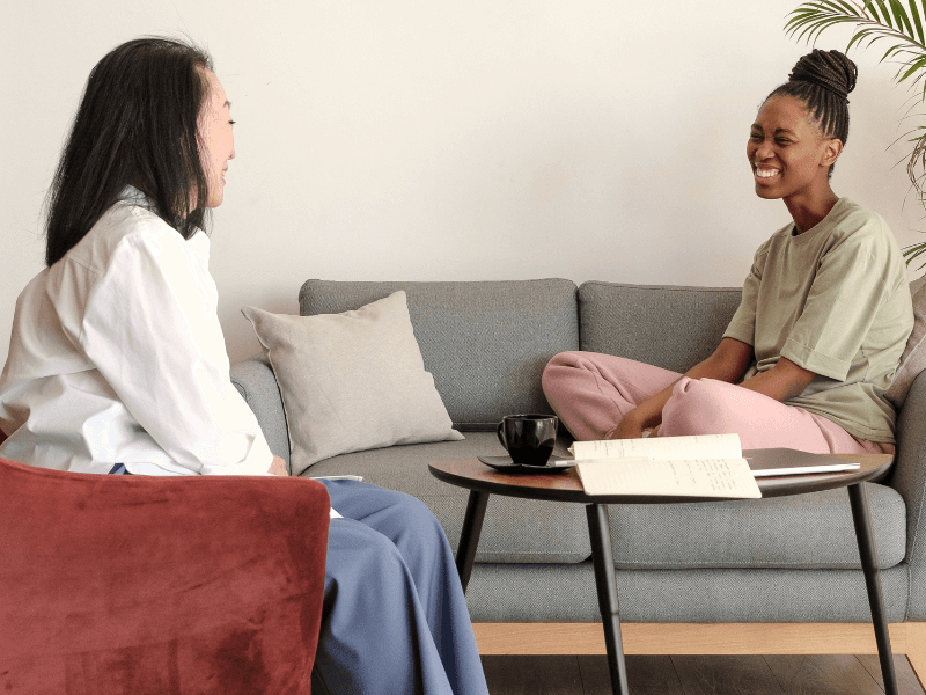About the Counseling Center:
Free and Confidential Resource
Right now, there are many people across the nation feeling stressed and even fearful about the future. You may be feeling more anxious or overwhelmed than usual, your energy might be low, or you might be having difficulty focusing. You are not alone! If you need support, please don't wait. You can schedule a same-day Timely Access appointment and talk to one of our counselors today! Spots are limited and released first thing each morning. Call 843-953-5640 to reserve your time slot. These cannot be reserved though our online appointment request form.

The Counseling Center is a free and confidential resource for all currently enrolled College of Charleston students. In addition to clinical assessment and individual counseling, we offer relationship counseling, group therapy and consultation services. We also provide seminars/workshops on a variety of topics related to mental health and well-being.
The Counseling Center is staffed by doctoral- and master’s-level licensed clinicians. We are also a training site with master’s-level clinical trainees who practice under the supervision of a licensed staff member.
To schedule an initial or follow-up appointment please call our office at 843.953.5640 or complete an Online Appointment Request.
Hours
Monday–Friday, 8:30 a.m.–5 p.m.
Contact
Phone: 843.953.5640
- Please leave a voicemail. This grants us permission to give you a call back. For your privacy and safety, we do not call back numbers that do not leave a message.
- In most instances staff will return messages within 24 business hours.
Email: counseling@cofc.edu
- Please do not include personal or sensitive information in your email. We are unable to guarantee the privacy of your information once emailed.
- This email is not monitored 24/7 and should NOT be used for emergencies.
Emergency
During office hours: You DO NOT need an appointment, please walk in if you need immediate assistance.
After office hours: If you need immediate assistance after 5 p.m. or on weekends, you can speak with a counselor-on-call by dialing 843.953.5640 and choosing menu option #3. If this is a life-threatening emergency, please call 911.
Confidentiality
All aspects of your participation in counseling are confidential and protected by law. Counseling records are not part of your academic transcript and are not shared with other individuals, including other College of Charleston staff, without your written permission. Counselors, by law, are required to notify others if we believe that you are in danger of harming yourself or others, or if we suspect abuse of a child or dependent adult. We are not required to report victimizations or substance abuse concerns